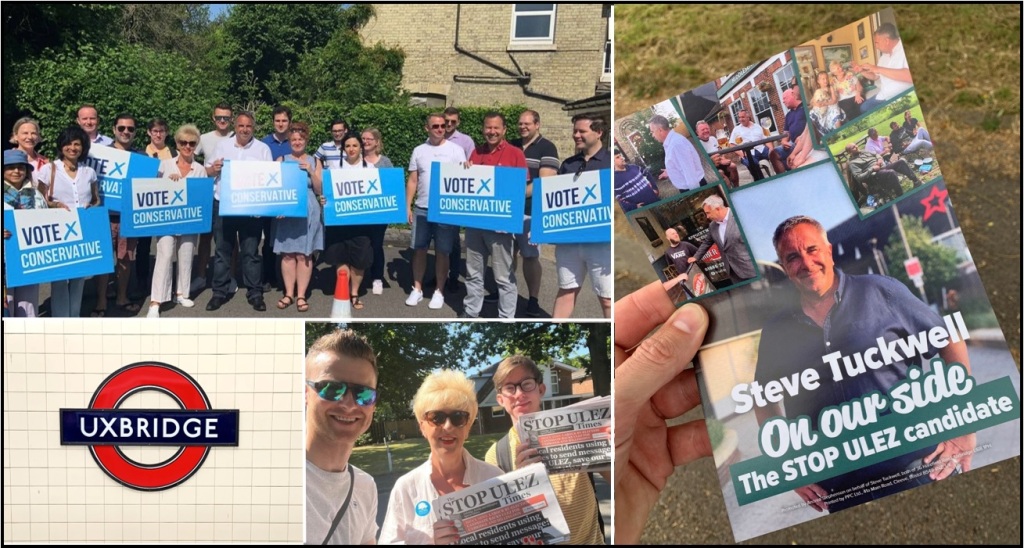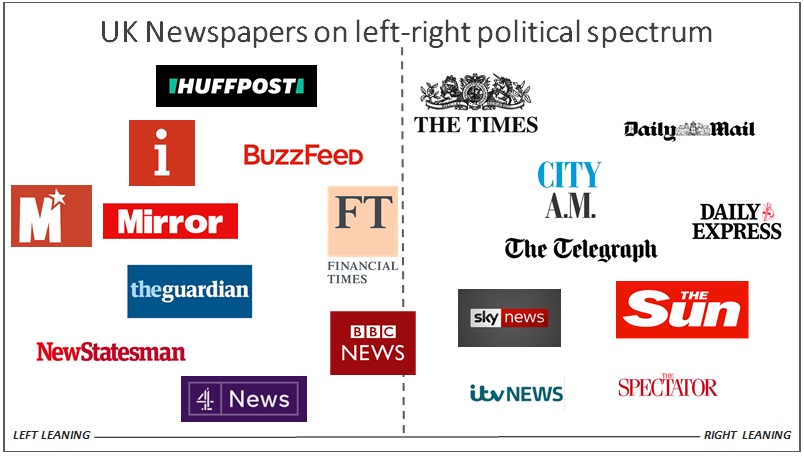Assisted suicide is back on the agenda. Next week, parliament will again debate this divisive issue.
To the casual observer it may appear that the arguments in support of assisted suicide are overwhelming. Several high profile cases in the media combined with a determined campaign from well-funded lobby groups can make it feel like we’ve reached a tipping point. Resistance, it would seem, is futile.
When an argument is clothed in the language of choice, and compassion it can seem hard to resist. But resist we must. Between the savvy PR, large-scale advertising, and celebrity endorsements, we mustn’t forget that the case against assisted suicide is strong and credible.
Here are nine reasons why parliament should resists calls to legalise assisted suicide:
1) The current law works.
The law acts as a deterrent. It is right for our laws to be devised so as to offer protection to the majority. And yet it is also right for the law to be applied with compassion and understanding. If a person helps to kill another person it is right that the facts of that case are examined. This process prevents people with malicious motivations acting unlawfully. If the facts reveal that a person has acted purely on compassionate grounds, it is highly unlikely that s/he will face prosecution. The recent DPP guidelines have made this clear.
2) The medical profession doesn’t want it.
If assisted suicide or euthanasia is legalised the responsibility for ending a life would fall to nurses and doctors. And yet, surveys consistently reveal that these medical professionals don’t want to be involved in ending life. The most recent survey of GPs published in February found that 77% of GPs oppose the legalisation of assisted suicide. This makes perfect sense given the very nature of the medical profession is to protect life. The Hippocratic Oath states that medical professionals should “do no harm to anyone” and indeed the Oath goes further to state categorically that doctors should “give no deadly medicine to any one if asked”. Furthermore, the four leading UK medical bodies – the Royal College of Physicians, of GPs, of Surgeons, and the British Medical Association – are all opposed to the legalisation of assisted suicide and euthanasia.
3) Medical prognosis is not exact.
The question “How long have I got?” is one that many doctors will be sadly familiar with. It is natural to believe that when faced with this question our medical professionals are able to answer very precisely. In reality, however, they can’t. The Royal College of GPs has warned about this stating that the scope for error in predicting how many months a person has left to live “can extend into years”. This means that the clause in Lord Falconer’s bill requiring a six month prognosis is unreliable as a safeguard. The reality is that, despite Lord Falconer’s best intentions, people who have longer than 6 months to live would qualify for assisted suicide.
4) The law should protect the vulnerable.
For people who are seriously ill or facing death, the security of knowing that the law protects them no matter what their circumstances is hugely significant. A patient requiring regular care can often feel like a burden to those around them. In this case it can be all too easy for the patient to express sentiments along the lines of “everything would be better if I wasn’t here anymore.” In these circumstances the response from doctors should not be, “Ok, let’s talk about assisted suicide; I’ll fetch the paperwork.” We need our doctors to provide reassurance and comfort to their most vulnerable patients. It’s revealing that one of Britain’s most active disability rights campaigners, Baroness Jane Campbell, has said recently, “as a severely disabled person, I fear a change in the law to permit assisted dying.”
5) Parliament has debated and rejected this several times in recent years.
There is a belief that parliament has deliberately avoided debating this subject. This is wrong. In fact, parliament has debated this issue at length several times in recent years. Three bills seeking to legalise assisted suicide have been considered in the past 10 years and twice the proposals have been put to a vote. Every time this issue has reached a vote, parliament has rejected it. On one of these occasions the debate lasted for over eight hours and included over 90 speakers. In the resulting vote, the proposal was defeated by 148 votes to 100.
6) The slippery slope is real.
We need to recognise that this measure would be the first step on a very dangerous path. We’ve seen in Belgium (where euthanasia is legal) how quickly the law has been extended. Not only is the Belgian law applied very loosely (specifically to those who are not terminally ill) but most recently it was extended to allow children to be euthanased. I’ve written before on the detail of what’s happening in Belgium.
7) The ‘Oregon model’ is flawed.
Campaigners in the UK hold up Oregon as the model for us to follow. However, a close look at the Oregon law reveals worrying trends. Assisted suicides in Oregon have quadrupled since the law came into force. Oregon’s death rate from assisted suicide is the equivalent of approximately 1000 cases a year in England and Wales. More worryingly are stories like that of cancer patient Barbara Wagner who was told by her insurer that the chemotherapy drug she had been prescribed was too expensive but if she chose assisted suicide, the cost would be covered.
8) It’s not just religiously motivated people who oppose assisted suicide.
Some people do object to assisted suicide based on their religious beliefs. Many others object for a variety of other reasons. It is not true to say that the reason this law has failed so far is due to religious motivations. In the last House of Lords vote, 14 bishops voted against the bill. Even if you discounted these votes the measure would still have been comprehensively defeated.
9) Advances in pain relief & end of life care.
In recent years we have seen significant medical advances in pain relief and end of life care. As such, one of the UK’s leading palliative care specialists, Professor Ilora Finlay has said, “terminally ill patients should no longer have to die with unrelieved pain.” Moreover, we have a first-class hospice movement in this country with a long and distinguished history. That doesn’t mean that they system is perfect – many improvements can still be made – but high-quality care should mean that the vast majority of people can be comfortable in their final days.
It’s important, in conclusion, to acknowledge the emotional complexities of this subject. Arguments in favour of assisted suicide can be very persuasive. Real life cases of people in desperate situations are incredibly moving. I can’t begin to imagine what it must be like to watch life slowly slip away from a loved one. I remain convinced, however, that neither assisted suicide nor euthanasia is the answer.
Instead we must continue to invest in palliative care and in hospices so that when death approaches we can face it with dignity, love, and compassion. As Churchill said: “you measure the degree of civilization of a society by how it treats its weakest members.” He was right. May the hallmarks of our society be the care, comfort, and compassion we give to those facing their final days.










